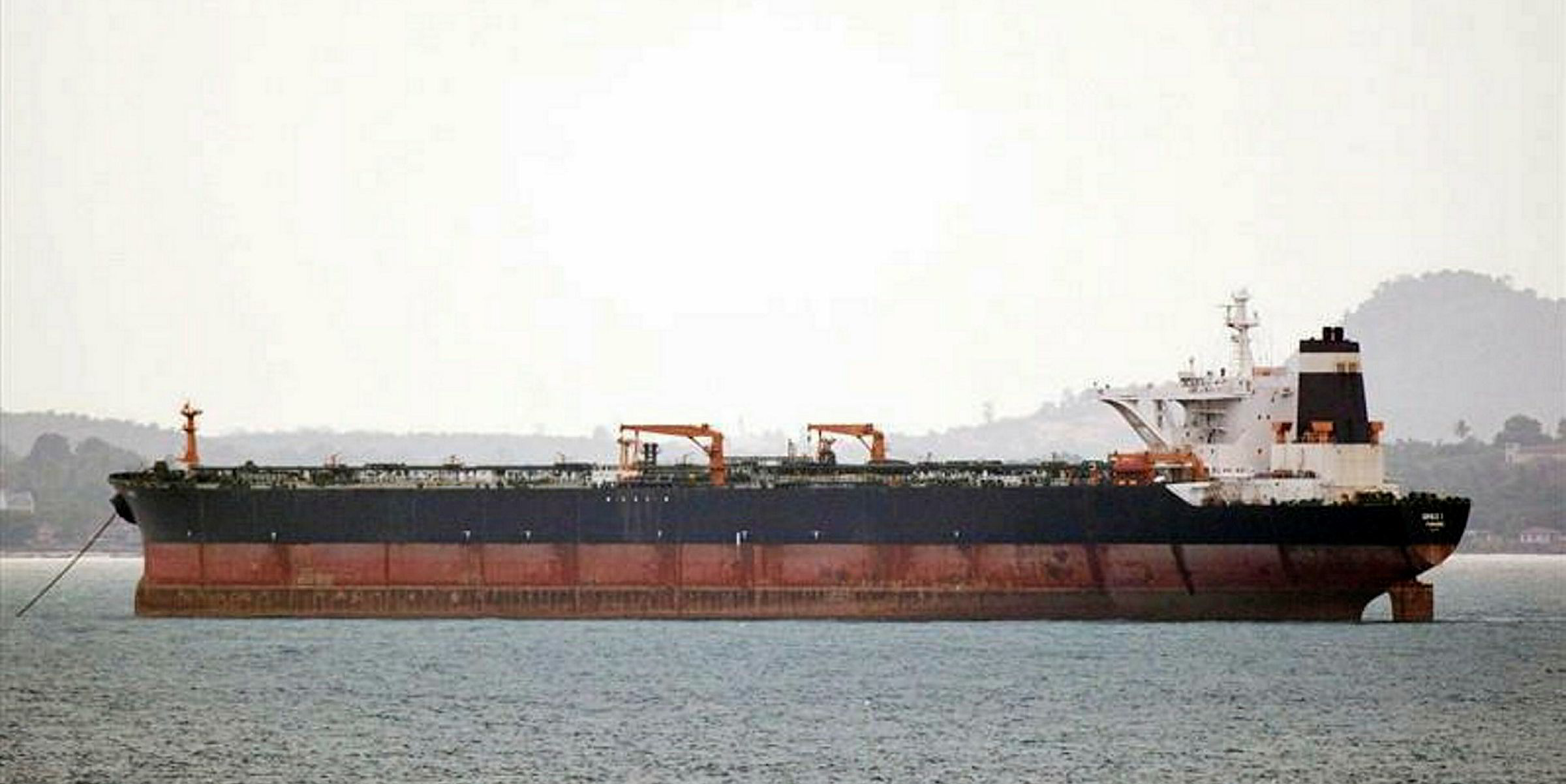The International Transport Workers' Federation slammed the US Thursday, accusing officials of using seafarers as "patsies" in geopolitical disputes.
The rebuke comes after the US State Department threatened the revoke the visas of crewmembers aboard ships transporting Iranian oil on anti-terrorism grounds 15 August in response to the ongoing controversy around the 300,600-dwt Adrian Darya 1 (built 1997).
"As a global union federation, we recognise that geopolitical issues and official sanctions are beyond our purview," said Dave Heindel, the union's seafarers section chair. "However, it is also beyond the purview of a seafarer to expect him or her to have any influence over the destination of a vessel or its cargo."
The Adrian Darya 1, formerly the Grace 1, was arrested 4 July by the UK in Gibraltar under suspicion it was transporting Iranian crude oil to Syria.
The ship was released 19 August, over objections from the US that argued it was part of an Iranian Revolutionary Guard scheme to funnel oil to the war-torn country. The US considers the guard a terrorist organization.
Heindel said seafarers generally do not know where the ship is going, who owns the cargo it is transporting or even who owns the ship.
"If a vessel is directed to an Iranian port, it’s common that the captain will be the only one who knows the destination a day or two before. The crew, especially ratings and lower-ranking officers, will not know and have no possibility to refuse or disembark the vessel during the voyage, he said.”
Heindel went on to blame open flag registries, or flags of convenience, for allowing owners to "hide behind a veil of secrecy."
"It is unjust to blankly refuse visas to seafarers who may have been employed on board a vessel considered in breach of sanctions, and it does not hold the right people responsible," he said. "Governments, including the US, should rather direct their focus to the FoC system and change the rules that allow this system and its secretive ownership laws to flourish unimpeded."





